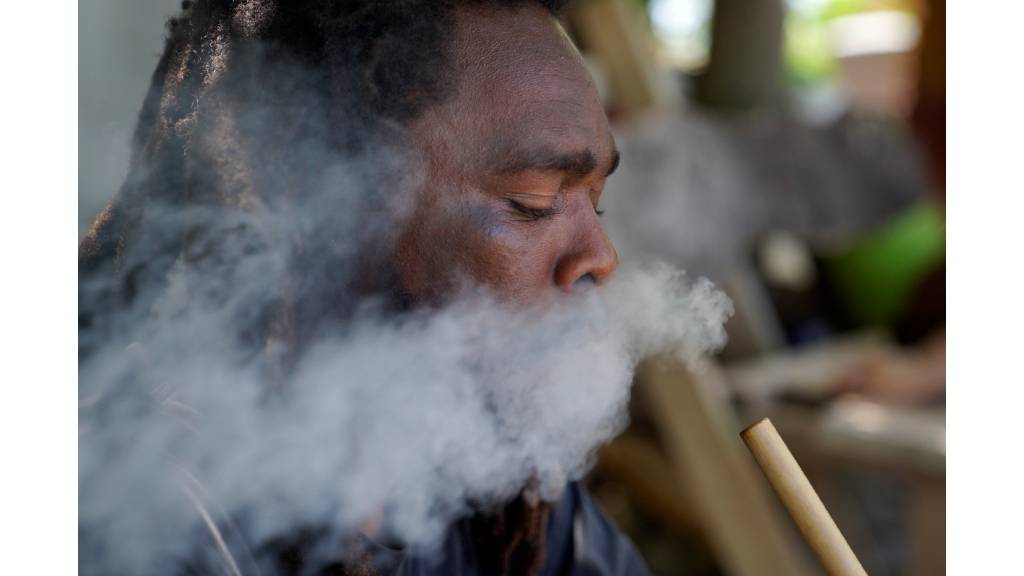Why Rastafari smoke marijuana for sacramental reasons(1/2)

Members of the Rastafari religion and political movement have for decades been persecuted and imprisoned for their ceremonial use of marijuana. But the tiny islands of Antigua and Barbuda recently became one of the first Caribbean nations to grant Rastafari official sacramental authorisation to grow and smoke the herb they deem sacred.
Antigua and Barbuda Prime Minister Gaston Browne told The Associated Press in an interview that his government took this step to try to end the persecution and bring respect to the Rastafari faith.
Rastafari elsewhere is pushing for similar religious protections. Experts and stakeholders think the Antigua and Barbuda law could boost these efforts worldwide at a time when public opinion and policy are continuing to shift in favour of medical and recreational marijuana use.
Here is a quick look at the faith's beliefs and history:
ORIGINS
The Rastafari faith is rooted in 1930s Jamaica, growing as a response by Black people to white colonial oppression. The beliefs are a melding of Old Testament teachings and a desire to return to Africa. Its message was spread worldwide in the 1970s by Jamaican music icons Bob Marley and Peter Tosh — two of the faith's most famous exponents.
A Rastafari's relationship with "Jah," or God, is central to the faith.
SACRAMENTAL MARIJUANA
Rastafari followers believe the use of marijuana is directed in biblical passages and that the "holy herb" induces a meditative state and brings them closer to the divine. The faithful smoke it as a sacrament in chalice pipes or cigarettes called "spliffs," add it to plant-based organic stews and place it in fires as a burnt offering.
But adherents, many of them Black, have endured racial and religious profiling due to their ceremonial use of cannabis.






0 Comment